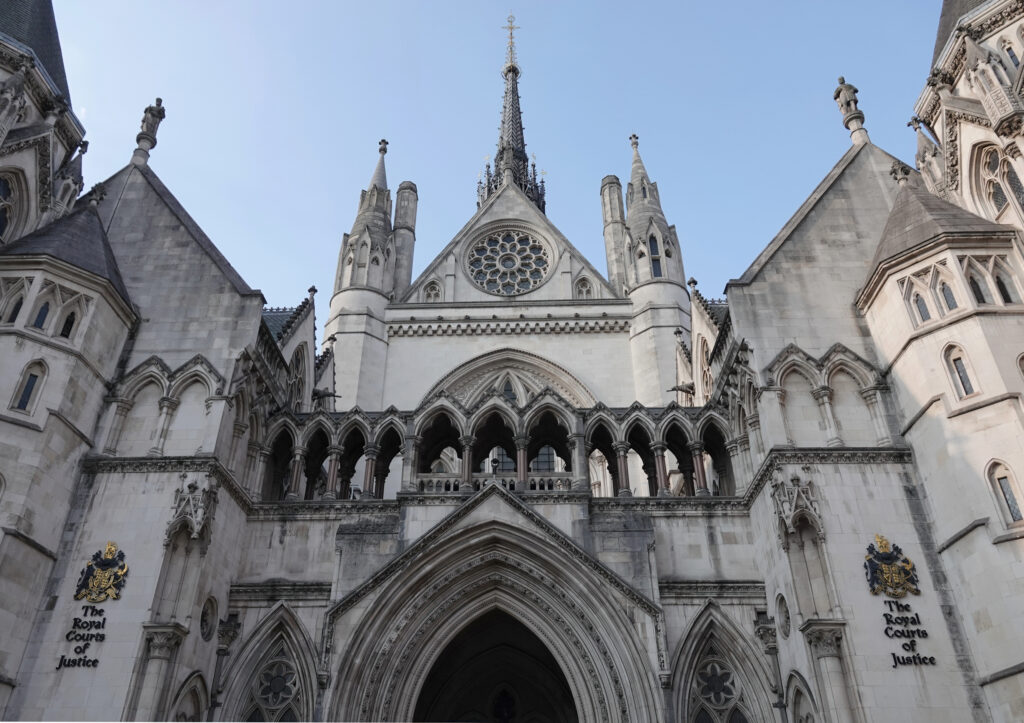The legal tests around being discriminated against because of holding a particular belief are a minefield, requiring a balancing act between an employee’s freedom of speech and workplace reputation. The recent Court of Appeal decision in Higgs v Farmor’s School provides lessons on how to navigate this challenge, particularly when an employee expresses controversial views outside of work.
Much of the commentary on Higgs has focused on the debate over whether the employee’s beliefs were protected under the Equality Act. However, on closer view the real takeaway for employers lies not in whether her beliefs were valid, but in how the school handled the issue and where it went wrong. This article explores the key lessons going forward and provides practical learning points for employers, particularly in how to assess what action to take, should this arise in your workplace.
What are the key implications for employers?
1. Proportionality of the action taken must be more than an afterthought
The Court of Appeal’s analysis of this in Higgs demonstrates the employer’s decision-making process can be scrutinised in legal proceedings. This was the first time in any case that the Court analysed whether or not the employer’s dismissal could be found to be proportionate. Previously, employers did not need to justify whether or not the action taken was proportionate. This is no longer the case.
Going forward, in deciding whether or not to take action against an employee because of their expression of belief, employers must ask themselves:
- Does the employee hold a protected belief?
- Is the act in question linked to that belief?
- Is the sanction by the employer genuinely motivated by something ‘objectively inappropriate’ in the way belief is shown?
- Is the sanction proportionate?
Looking at whether or not the sanction taken is proportionate will be the case even if the genuine reason for the sanction is the manner of the expression, not the belief itself or the fact that it was expressed. This means that an employee can, in effect, inappropriately express their belief, but disciplining them might be discriminatory if it is not a measured response. This will involve a proper analysis of what was actually said by the person and whether or not it was the least intrusive measure to be taken.
2. Assessment of reputational risk
Prior to this judgment, a reputation-based justification may have been sufficient. Many employers could assume that reputational risk justifies decisive action against an employee. However, Higgs has underscored the importance of evidence.
In Higgs the school relied on the argument that Higgs’s social media posts could damage its reputation, but it never substantiated how this could happen, beyond their reference to an anonymous complaint. There was, therefore, an incorrect assumption in Higgs that because an anonymous complaint had raised concerns, reputational damage was inevitable. This was heavily scrutinised by the Court of Appeal.
Going forward, the Court of Appeal’s decision highlights that employers must substantiate claims of potential reputational damage in order to justify the action taken. In Higgs’ case, the absence of evidence demonstrating actual harm to the school’s reputation weakened the justification for her dismissal. Going forward, it is important to bear in mind that mere speculation about reputational risk is insufficient – the risk must be supported with tangible evidence.
3. The importance of context and perception
The Higgs judgment does not mean that employees can say anything without consequence. However, it does reinforce that context matters. Higgs posted her views on a personal social media account, under her maiden name, and made no reference to her employer. While employers may wish to take action against an employee where their views appear incompatible with workplace values, the ruling shows that decisions without considering context can backfire.
It is, therefore, important to consider factors such as the medium of expression (i.e. personal social media accounts), the audience, and any connection to the employer. These will play a significant role in determining the appropriateness of disciplinary measures.
How should employers respond post Higgs?
The Higgs case does not mean employers should be passive when employees express controversial views. Employees will always be entitled to hold these beliefs, but employers should not be scared when needing to take action. It does mean, however, that employers must take a structured, evidence-based approach to responding. A well-reasoned, proportionate decision – one that balances protecting an individual’s belief with legitimate concerns, will be needed to handle these situations.
The real learning points for employers lie in the how rather than the what: how to assess proportionality, how to avoid snap reactions and how to make defensible decisions in these complex situations.
For further information, or to discuss the issues raised within this case, please contact us to speak to a member of our Employment Team.








